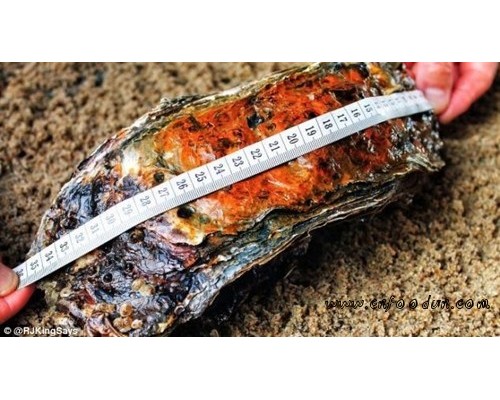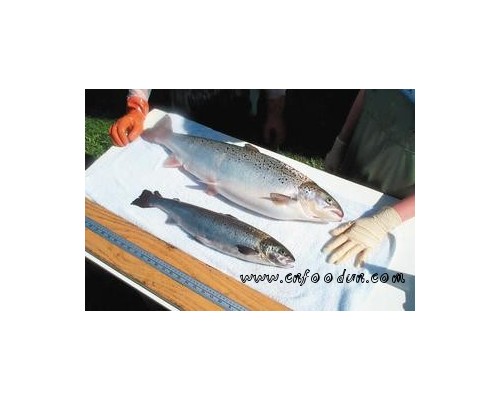原文报道:
EFSA has published a scientific opinion on the possible effects on public health, animal health and the environment of the further spread of weeds from the Ambrosia species (including Ambrosia artemisiifolia, or common ragweed)[1] in the European Union. As requested by the European Commission, the opinion pays particular attention to the role of animal feed, especially birdseed, in helping to spread the weeds.
The main conclusions of the opinion are as follows[2]:
- In humans, the major adverse health effects caused by Ambrosia plants are allergic symptoms – such as a runny nose, conjunctivitis and asthma – brought about by inhaling their pollen. Skin allergies and food allergies are of relatively minor concern. Ambrosia plants may also make people sensitive to other allergens.
- There is some evidence that animals, particularly horses, can be allergic to Ambrosia pollen.
- There is no direct evidence that Ambrosia can lead to the extinction of other plant species. However, there are some indications that Ambrosia artemisiifolia could become highly invasive in certain habitats, therefore further ecological studies are needed in this area.
- Seeds for wild and ornamental birds often contain significant quantities of Ambrosia seeds and could play an important role in introducing Ambrosia plants to previously uninfested areas. In contrast, the contribution of commercial feed for livestock to the spread of Ambrosia is negligible as the seeds are destroyed during processing.
Ambrosia artemisiifolia is mainly found on waste ground and agricultural land. It can be spread naturally or transported by animals (for example, through bird droppings) or by human activity (e.g. on transport or through the movement of contaminated soil).
Cleaning procedures can reduce the extent to which birdseed is contaminated with Ambrosia seeds. To help limit the spread of Ambrosia plants, the opinion recommends that such techniques should be developed for all seeds used in bird feed.
However, the opinion notes that the relative importance of bird feed compared with other routes of dissemination cannot be determined from the available information.
[1] Plants from the Ambrosia species, which is part of the Asteracea family, are found worldwide. Ambrosia artemisiifolia (common ragweed) is the most common species of Ambrosia in Europe and is widespread in several areas including the French Rhône Valley, northern Italy and south-east Europe (Bulgaria, Hungary, southern Russia and Ukraine).
[2] The opinion was drawn up by EFSA’s expert panel on contaminants in the food chain (CONTAM Panel), with contributions from its expert panels on dietetic products, nutrition and allergies (NDA Panel) and plant health (PLH Panel).
详情见:http://www.efsa.europa.eu/en/press/news/contam100610.htm







